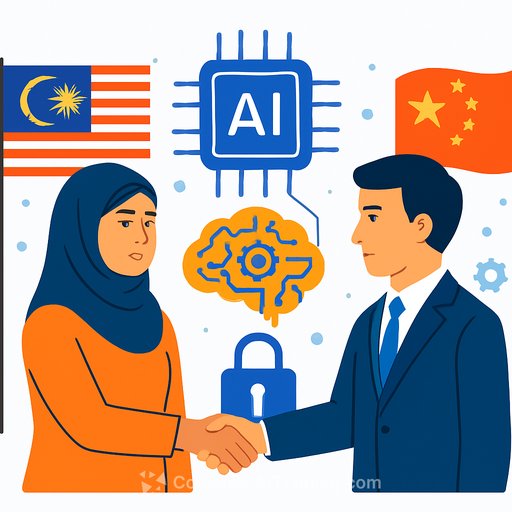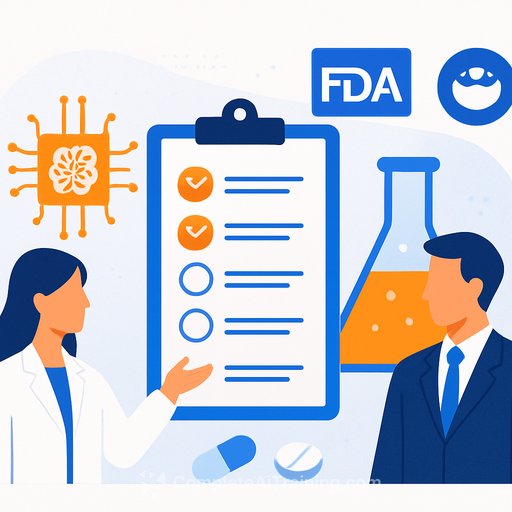Guinea advances ethical and sustainable AI governance
Guinea just closed a four-day national workshop focused on AI adoption, regulation, and governance. Backed by the United Nations Development Programme (UNDP), the sessions gave stakeholders a clear picture of where the country stands and what needs to happen next.
Hosted by the Ministry of Posts, Telecommunications, and the Digital Economy (MPTEN), the workshop concluded on Friday, October 17, 2025. The outcome: a practical roadmap to build ethical, citizen-focused, and sustainable AI capabilities.
Who was at the table
Public authorities, private sector leaders, academics, technical experts, and civil society representatives. The mix ensured policy, engineering, and real-world use cases were all part of the same conversation.
What was assessed
- Current AI capabilities across government and industry
- Digital and data infrastructure readiness
- Institutional setups for policy, oversight, and coordination
- Gaps in skills, standards, and trusted data access
Key decisions and next steps
- Build a national strategy for ethical and sustainable AI with clear priorities and timelines
- Create a legal and regulatory framework covering safety, privacy, accountability, and public trust
- Strengthen national skills and core infrastructure, including data platforms and compute
- Stimulate local innovation and ensure citizen participation in design and deployment
What this means for IT and development teams
- Data foundation: inventory datasets, set data quality baselines, and implement access controls with audit trails
- Responsible AI-by-default: add model documentation (model cards), bias checks, and human-in-the-loop review to your pipeline
- MLOps readiness: standardize versioning, reproducibility, monitoring, and rollback plans for all models in production
- Compliance prep: align with privacy impact assessments, security testing, and incident reporting procedures
- Localization: prioritize local language datasets and context-specific evaluation to improve real-world performance
- Vendor due diligence: assess third-party models and APIs for data use, reliability, and policy compliance
- Pilot with purpose: focus pilots in public services (health, agriculture, education, administration) with measurable outcomes
- Community input: include citizen feedback loops for fairness, accessibility, and service quality
Minister Rose Pola Pricemou highlighted the strong engagement across sectors and underscored that the foundations are now in place to turn assessment into action. The AILA initiative sets Guinea up to apply AI for socioeconomic development, improve public service delivery, and strengthen technological sovereignty-positioning the country for leadership across Africa's digital future.
For reference on policy baselines and best practices, see UNDP's digital initiatives here and the OECD AI Principles here.
If you're building team skills for these priorities, explore role-based AI learning paths here.
Your membership also unlocks:






